The field of expedition medicine is vast. Expeditions encompass a variety of remote locations, climates, agendas, and participants. They may differ hugely in the range of skills the medic requires. We’ve put together guidance on assessing expedition opportunities in order to decide on the right expedition for you.
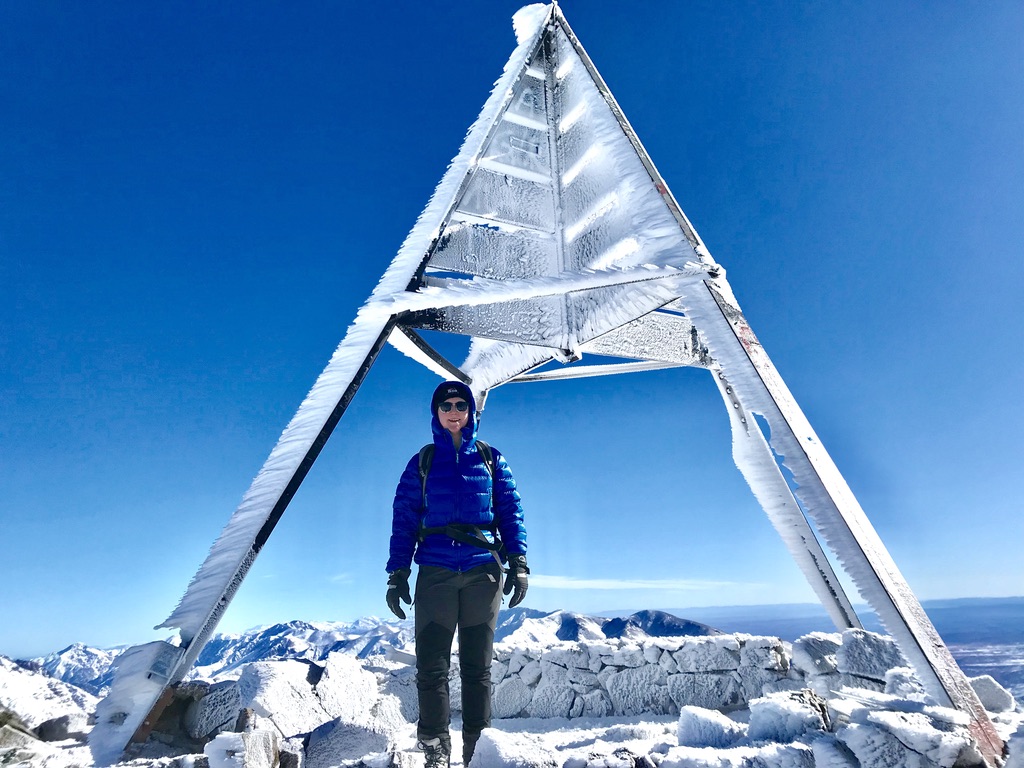
Contents
1. You
Your first responsibility and obligation under Good Medical Practice1 is to ensure you are acting within your competency. You should have the necessary skills, knowledge, and experience for the environment and expedition. If in doubt the Faculty of Pre-hospital Care, Royal College of Surgeons Edinburgh guidance for medical provision for wilderness medicine2 can guide your choices. These guidelines give an idea of what competencies will be expected of you and can identify areas in your knowledge and skill base that need some buffing.2 The below list can help target areas to improve your proficiency and confidence as the medic.
1.1 Education
An expedition medicine course is extremely useful if you think your knowledge and skills could be improved. Remember that being an expedition medic is often more about logistics – casualty evacuation, communications, supplies – than injuries and medical conditions. Courses should cover these aspects.
There are a variety of expedition and wilderness medicine courses and diplomas on offer, and choosing one is almost an article in itself. Adventure Medic has published a number of recent and informative reviews which are all written by previous course delegates. As a minimum, most expedition companies look for a week-long course. A list of courses can be found here on our resources page.
Although going on an expedition/wilderness medicine course will provide you with the basics it is unlikely to be tailored to your specific expedition and environment. In addition, these courses can be expensive, and if expeditions are your only income you will be unlikely to earn this money back. Scrutinise course contents before selecting to make sure it meets your own learning objectives.
1.2 Expectations vs Proficiency
Get a thorough understanding of the nature of the trip and the participant demographics before accepting. Be honest about your own experience in relation to this. You should be clear on the company’s expectations of the expedition doctor. Ensure these are reasonable and that you have capacity to meet them. If you claim to be a ‘mountain medicine expert’ then you may be expected to take on roles and responsibilities which are outside of your competence.
You should be familiar with all the medical kit you carry. For example, if based remotely for many months with a dental kit then having some experience of removing teeth is important. A caveat to this is telemedical support which is an ever-expanding area in expedition and wilderness medicine.
Experience also covers your own comfort and capability in the environment or activity. It is easier to look after others if you are able to look after yourself, you should be at least as proficient, if not better than the clients you are looking after in any expedition activities. Your workload will likely involve caring for others between your own personal admin. Famniliarity and experience allow you to keep some head-space free for the medical aspects of the trip, and any other problems you might encounter along the way. Taking a job as a ship medic only to find out you are susceptible to seasickness is one example of a less-than-ideal situation.
However, experience expands beyond medical and environmental skills. Generally, the bread and butter of being an expedition medic involves:
- Dynamic risk assessments – hazard awareness and safely managing scenes
- Prompt decision-making in the management of patients
- Evacuation planning
- Situational awareness including human factors
- Screening and briefing
- Liaison and communications skills with all team members
These are probably the most important skills of a successful expedition doctor.
1.3 Personal Health
Ensure you are healthy enough to support the expedition. A good baseline level of physical fitness is mandatory. If you think your physical fitness could use some work, start early – you may need to push yourself to get to casualties on expedition. In the time leading up to your medical expedition career, get outside and put your outdoor skills to practice in activities you hope to work as medic in; for example tyre hauling as a surrogate for pulk pulling.
Finally, remember to pack your own personal medications if you have any medical conditions.
Mental health is often an overlooked aspect of self-care on expeditions. Remember, you are often out with your own comfort zone; environmentally but also geographically, and emotionally distanced from loved ones. Expeditions are exhausting; the physical strain of the activities combined with sub-optimal sleep and the daily mental responsibility of looking after the health and safety of the group can be extremely energy-demanding. Acknowledge this and look after yourself. A top tip is to find some quiet time in and amongst the hectic expedition day to reflect on how you are feeling and the events of the day. Keeping a journal is a good way to decompress – and also provides a record of memories and funny stories to recount later.
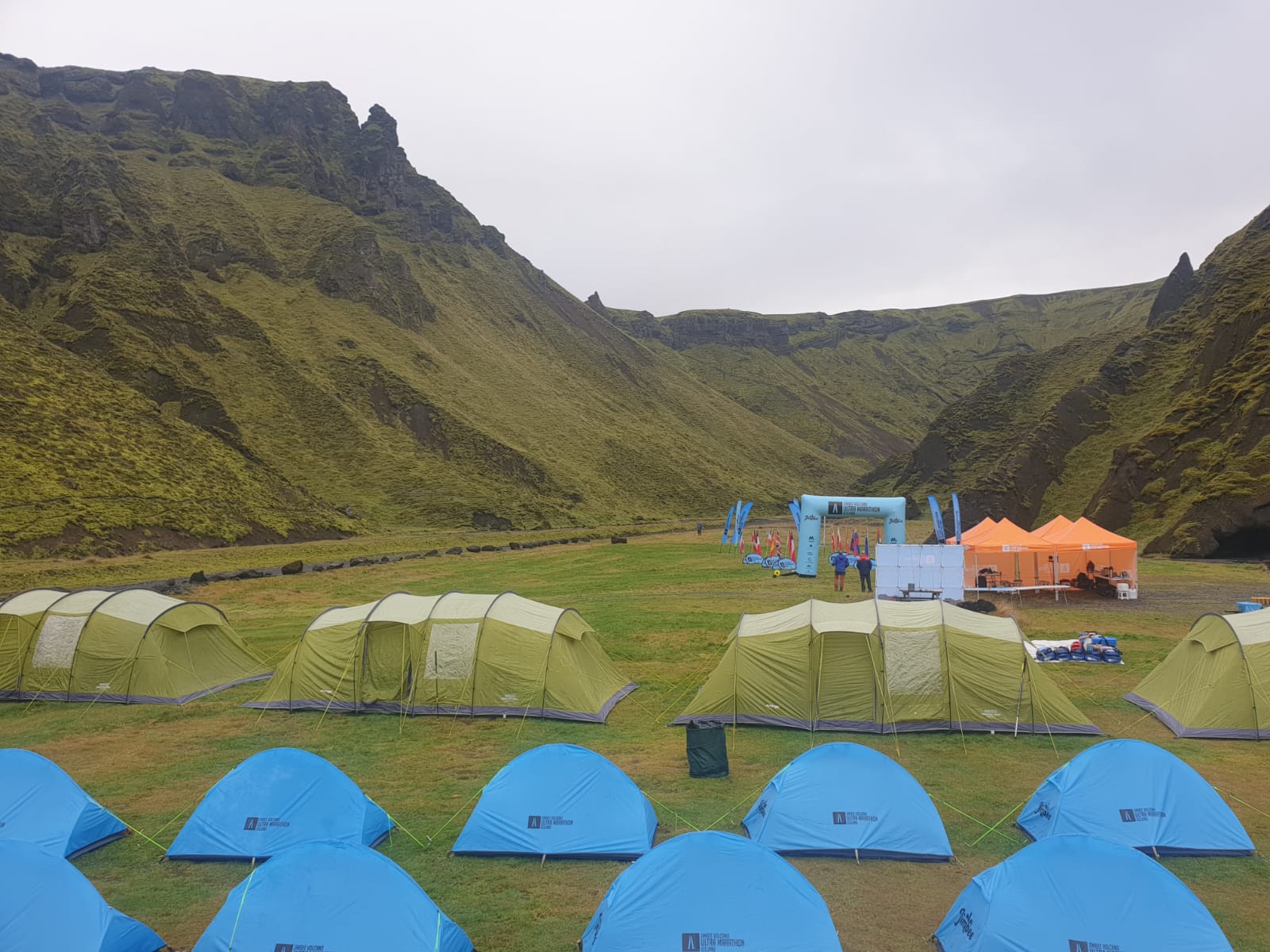
2. The Expedition
2.1 The Expedition Company
Make yourself familiar with the expedition company. Explore their website to assess what their company experience is and what they are advertising. Speak with colleagues who have been on expeditions with them – this provides invaluable insights and tips for approaching practicalities.
Set up a phone call to discuss the expedition in detail with a member of the expedition company. List questions to ask them in preparation. The level of understanding and response to your questions can be very revealing. Participant welfare, health, and safety are your priority, however, this may not always be the expedition company’s top goal. Ensure your company has clear risk assessments and evacuation plans. These should cover emergency medical evacuation protocol, relevant natural disasters (floods/tsunamis/storms/hurricanes), civil unrest, missing participants, lost passports, and missing flights to name a few possibilities. Clarify when you will expect to receive documents such as; participant health declarations, evacuation plans, and flight information. It is imperative to know about the logistics of all evacuation plans, and which personnel from your expedition company will be involved. Poor risk assessments and evacuation plans are the most likely aspects of expeditions to let you down.
Ensure that their protocols meet with your own ethical and moral standards – for example; their policy on treating local staff. At Adventure Medic, we strongly believe that you are responsible for the well-being of everyone on your trip, including porters. The International Porter Protection Group made recommendations for trekkers and porters on their trip. Although this organization is no longer operating Adventure Medic stands by the principles which can and should be referred to here.
It might also be helpful to make yourself aware of the Specification for the Provision of Visits, Fieldwork, Expeditions and Adventurous Activities Outside the United Kingdom (BS8848, 2014).3 This is the national standard for managing risks on expeditions out with the UK and draws up specifications to ensure effective operational systems are in place to assess and manage the risks associated with overseas adventures.
2.2 Medical Director
Many expedition companies will have a ‘medical director’. However, this title does not indicate a standardised job specification and this role varies hugely between different companies. Larger or longer-standing companies are likely to have one, and clarifying their role is essential so that you know when to call on their assistance. Some will be involved with medical kit building and guidance, some with screening, and some on-call for remote advice, evacuation guidance, and logistics. If there is no on-call medical director you will need to establish if you require a supervisor on-call (which you may need to source yourself if you are more junior, in order to facilitate your indemnity insurance). Consider exploring if there is a remote telemedical service provided for support and guidance.
2.2 The Environment
The expedition environment will have a significant impact on the medical conditions you may encounter, and the contents of your medical and personal kit bag. An awareness of how remote and exposed you will be and for how long will influence what you wish to carry. Ensure again that you are comfortable with this and the evacuation times before taking on the expedition.
2.3 The Expedition Guides and Leadership
Thankfully, on almost all commercial or charity expeditions guides are employed. Guides may be in-country, out-of-country or you may have both. The expertise they bring to trips is often invaluable. They usually take the reigns of leading the group which allows you to prioritise medical decisions. It is worth establishing the background of the guide you are working with and what their qualifications allow. Contact them in the run-up to the trip as you will be working closely together. Avoid taking the chief leadership role on the expedition unless you have been specifically employed to lead the group, you feel the leader is compromised or you need to assert leadership due to health and safety. If this is an area you wish to expand on to build your own confidence prior to the expedition then the Summer Mountain Leader (and similar qualifications) are fun and viewed favourably by expedition companies. Some will use this as a benchmark to employ you as a joint group leader and medic which may increase your pay. Be wary of this role as it should be reserved for small groups only and where the medic feels they have the capacity to deliver both aspects. Regardless of additional leadership qualifications a broad outdoor skills base and common sense will stand you in good stead as the medic on any expedition.
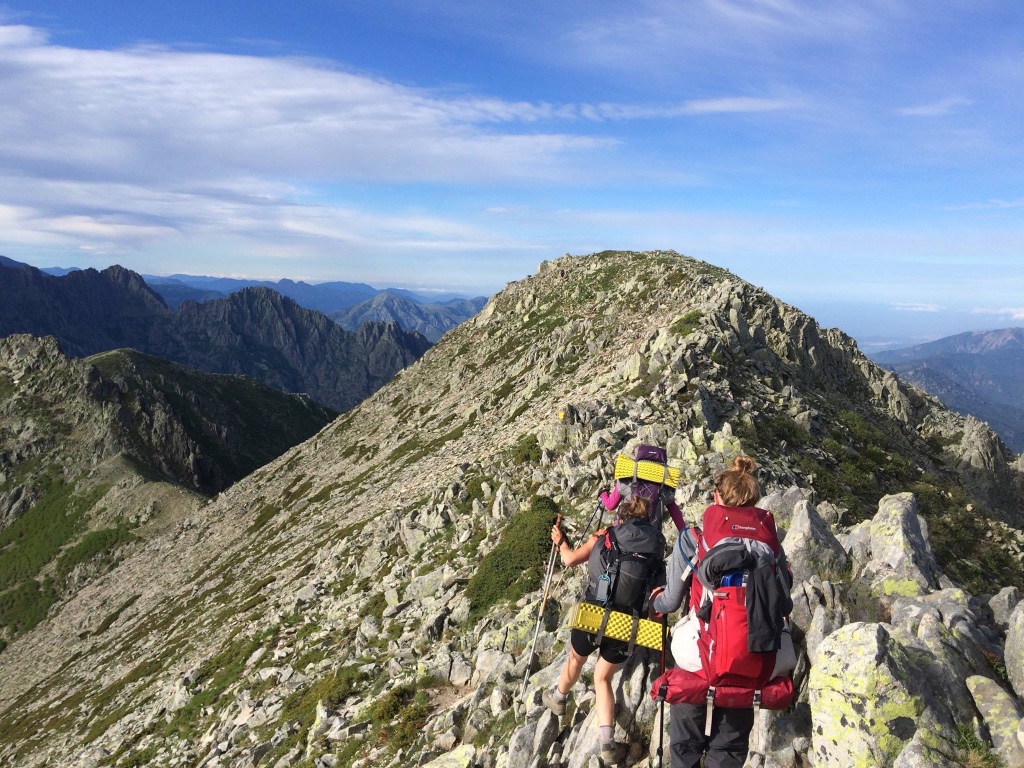
3. The Participants
Make sure you know exactly how many participants you are responsible for and their ages. The ratio of participants to guides and participants to medics on the trip should not be excessive, and the ratios you’re comfortable with will vary depending on the trip. This information will help you anticipate their likely fitness levels, the medical input they will need, and the expected supervision level from guides. Knowledge of when and how you will receive their pre-expedition health questionnaires (or if you need to write one of these) is important as it will likely influence your risk assessments, medical kit preparation, and optimisation of the participants.
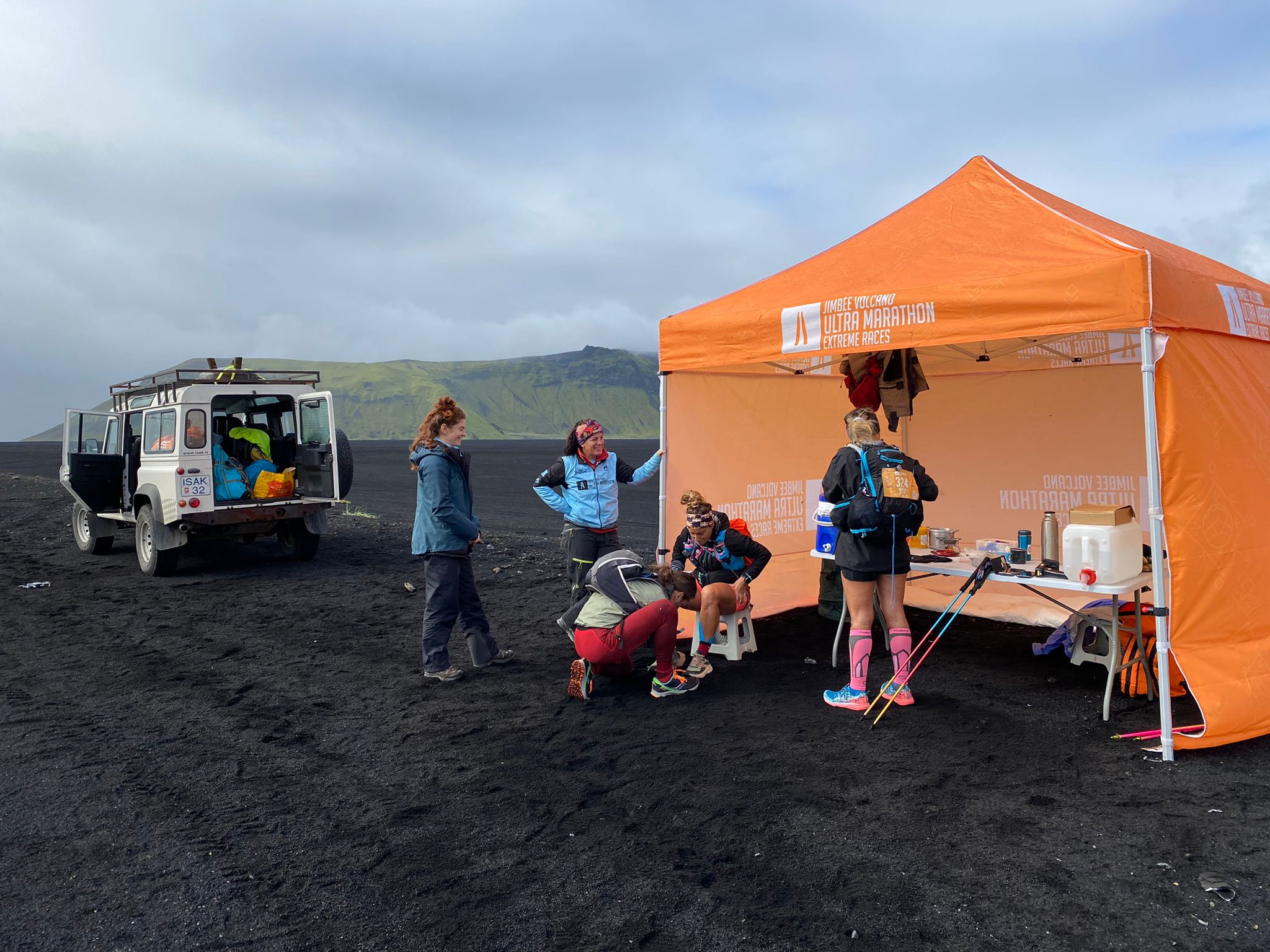
4. Health, Safety, and Logistics
4.1 Medical Kit
As medics, we are used to having access to kit in hospitals but we have to economise on expeditions. A fair bit of questioning is required to ensure the kit is correctly provided and is tailored to your trip and participants. The expedition company should be able to comprehensively answer the following:
- Does the expedition company provide you with a medical kit, or are you required to provide or assemble this yourself? If so, will they cover the costs of you supplying all the kit and also your time for putting it all together?
- When was the medical kit made? When was the kit last updated? How often does the medical kit get thoroughly checked for inventory and expiry dates? And by whom?
- Is the medical kit bag designed specifically for the location you are going to, and at that time of year? A medical kit bag for a trip to the saharan desert is vastly different from that for an expedition to altitude.
- What level of care does the medical kit provide? A full inventory is required for all items and if the company has a pre-assembled kit they should be able to send this to you.
- How big a group is the medical kit designed for? Are participants also advised to bring their own personal medical kits and spares of their own medications?
5. Financial
5.1 Indemnity
Indemnity insurance covers you legally for your medical work on an expedition and safeguards you and your career. Enquire about suitable indemnity cover early. If you are unable to access indemnity insurance it will prohibit you from acting as a medic. The insurers want to know if you are the sole or lead medic, the number of participants, your ‘grade’ or experience, the duration and destination, and the number and nationalities of the participants. You can find out a lot more information about this in our Guide to the Legal Aspects of Expedition Medicine and upcoming indemnity article.
Ask your expedition company if they will reimburse you for indemnity, as it can be a considerable cost. Expedition companies can often forget that this is a necessary part of being a doctor and that it safeguards the medic in a way travel insurance doesn’t.
5.2 Payment / Non-payment
Be clear about the deal you are being offered as expedition companies vary wildly in their willingness to cover costs. Get in writing a record of costs that will be covered, this should include:
- All flights
- Accommodation in-country
- Airport hotel stay / meals
- Transport fees in-country
- Medical indemnity insurance
- In-country expenses
- VISA costs
- The medical kit you have ordered
Often, the cost of personal kit, indemnity, and preparation time will be considerably more than the company thinks and may detract from your enjoyment of the expedition or leave you out of pocket. The latter should not happen.
Look out for our upcoming article on pay for expedition medics. To briefly summarise: our position at Adventure Medic is that being an expedition medic is a job, with professional risks and responsibilities. Ideally, it should include a daily pay rate, in addition to reimbursement for necessary kit purchases and indemnity costs. Fundamentally, expedition companies are paying for your time (both in the planning stages and in-country) as well as your knowledge, skills, and expertise. It is in the best interests of the expedition company to hire a reputable, professional, and thorough doctor with sound-decision making skills for their expedition.
As doctors, we have a professional responsibility and are influential in the field of expedition and wilderness medicine. We need to be advocates for each other and ensure that we are well respected, represented, and supported in the field. And thus, we should not be hesitant to expect payment for expeditions. It may also be appropriate to ethically question the payment of the expedition guides and how this compares to the payment of the expedition doctors.
Whatever expedition you choose though, and whatever costs your expedition company covers please make sure that you feel protected, and adequately compensated for your work. As a minimum, charity work / expeditions should cover expenses and personal time in the planning / preparation stages. Expeditions with charities often have limited budgets and as such these situations may be those in which it would be acceptable to not be paid a wage. However, you should never lose money on any expedition.
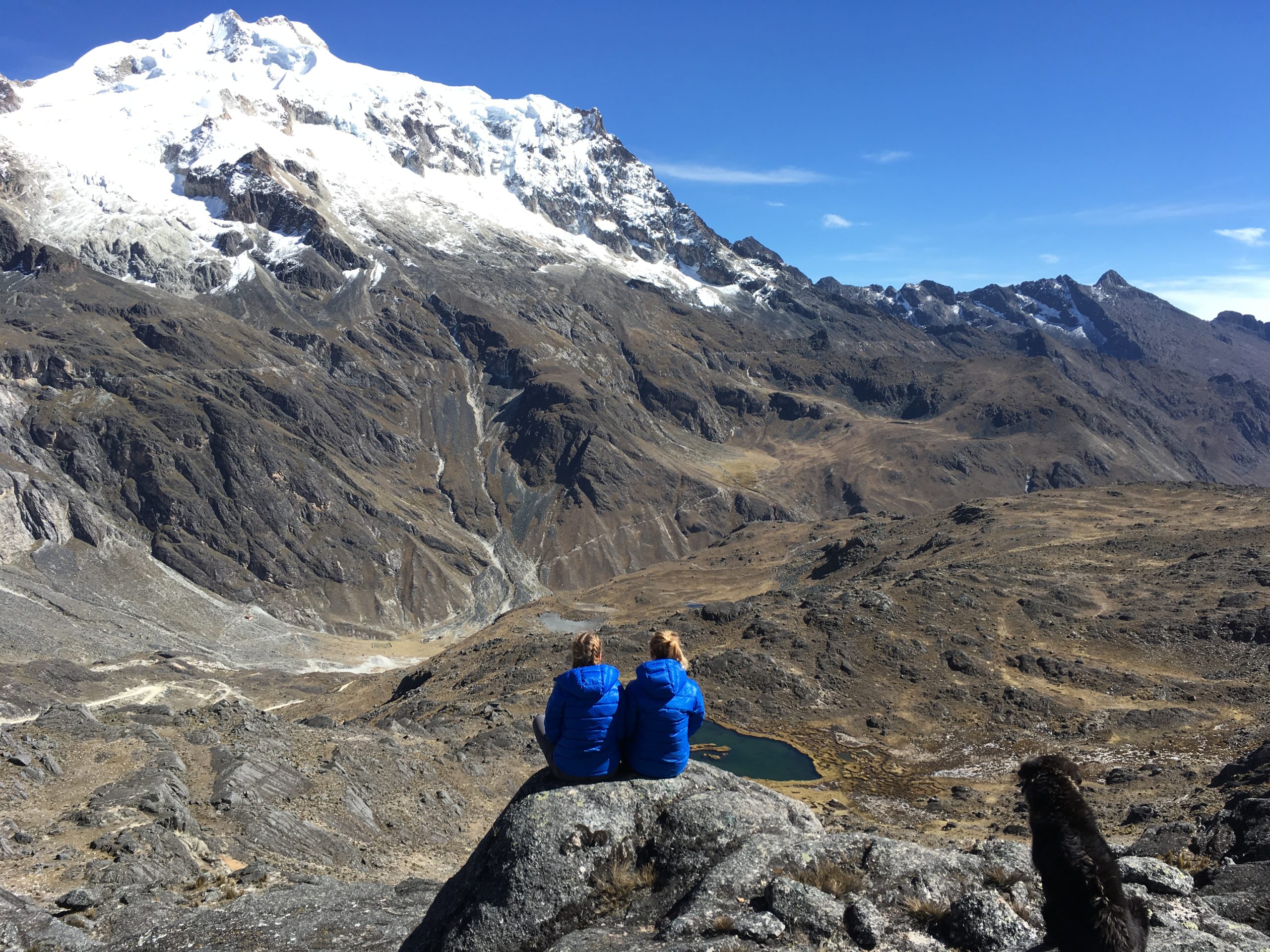
6. Summary
- Ensure that you have the right knowledge, skill set, and environmental expertise to fulfil the required competencies on the expedition – the faculty of prehospital care guidance can assist.
- Discuss with the expedition company their expedition, risk assessments. Evacuation protocols will often give insights into their proficiency.
- Establish the roles of the guides and medical director as you will rely on them for support during your expedition.
- Keep in mind the priorities of the expedition company and directors, as these will not always match with your own ethics and prioritisation of health and safety.
- Clarify the headlines regarding patient demographics and the medical kit so you tailor and prime each as needed.
- Open conversations early to ensure you are financially reimbursed and safeguarded with indemnity insurance.
- Early research and preparation when choosing an expedition will reduce stress and increase enjoyment in-country.
For your convenience, Adventure Medic has compiled a list of specific jobs and volunteering positions which is updated regularly. A list of some expedition medicine providers is also a good place to start looking for your first expedition job. (Please note, however, we do not endorse organisations, or the contents of external websites or offer any adventure medicine work ourselves.) If you don’t find what you are looking for here, then try contacting some of these organisations directly, or alternatively peruse through the various expedition articles we have published on Adventure Medic’s Adventures page to see what others have done before and get some inspiration. Please mention us if you find your job through Adventure Medic. It keeps the wheels turning. Happy expeditioning.
References
- Good Medical Practise, Domain 1: Knowledge skills and performance, General Medical Council
https://www.gmc-uk.org/ethical-guidance/ethical-guidance-for-doctors/good-medical-practice/domain-1—knowledge-skills-and-performance [Accessed 5/6/23] - Updated Guidance for Medical Provision for Wilderness Medicine, Faculty of Pre-hospital Care, Published 2019, pp 7
https://fphc.rcsed.ac.uk/media/2780/updated-guidance-for-medical-provision-for-wilderness-medicine.pdf [Accessed 5/6/23] - BS 8848:2014, Specification for the provision of visits, fieldwork, expeditions and adventurous activities outside the United Kingdom. Published March 2014, BSI, https://knowledge.bsigroup.com/products/specification-for-the-provision-of-visits-fieldwork-expeditions-and-adventurous-activities-outside-the-united-kingdom-1/standard, [Accessed 5/6/23]


